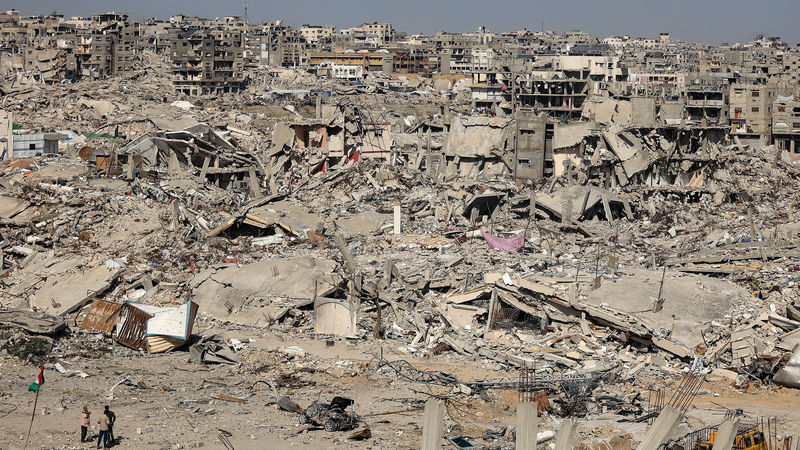On Tuesday, November 25, 2025, senior officials from Egypt, Qatar and Türkiye met in Cairo to map out the second phase of the Gaza ceasefire and tackle obstacles to its implementation. The gathering underscored the trio’s shared commitment to stabilizing a region still grappling with sporadic flare-ups despite the agreement.
The delegation included Egyptian intelligence chief Hassan Rashad, Qatari Prime Minister and Foreign Minister Sheikh Mohammed bin Abdulrahman bin Jassim Al-Thani, and Turkish National Intelligence Organization Director Ibrahim Kalin. Their goal was clear: strengthen ties with Israel’s Civil-Military Coordination Center, the body overseeing the ceasefire, and establish robust mechanisms to deter violations.
This tripartite meeting came on the heels of Rashad’s talks with a Hamas delegation on Sunday, November 23, in which both sides reiterated their dedication to the ceasefire’s initial phase. Hamas called for a mediator-supervised monitoring system to swiftly address any reported breaches.
Since the ceasefire took effect on October 10, 2025, Israeli military operations in Gaza have dropped significantly, yet have not ceased entirely. Gaza’s health authorities reported on Tuesday that at least 345 Palestinians have been killed and another 889 injured since October 11. Looking at the bigger picture, the overall toll from Israeli actions since October 2023 has reached 69,775 deaths and 170,965 injuries, underscoring the urgent need to solidify peace.
For young global citizens, entrepreneurs and thought leaders tracking this story, the meeting highlights how regional powers can leverage coordinated diplomacy to keep fragile ceasefires alive. While the second phase details remain private, experts suggest that improved real-time reporting and third-party verification could be key to preventing future escalations.
As the world watches, the success of these discussions could serve as a blueprint for conflict resolution in other hotspots. Strengthening cross-border coordination, employing data-driven monitoring and maintaining open communication channels are strategies that resonate far beyond the Middle East.
Reference(s):
cgtn.com



